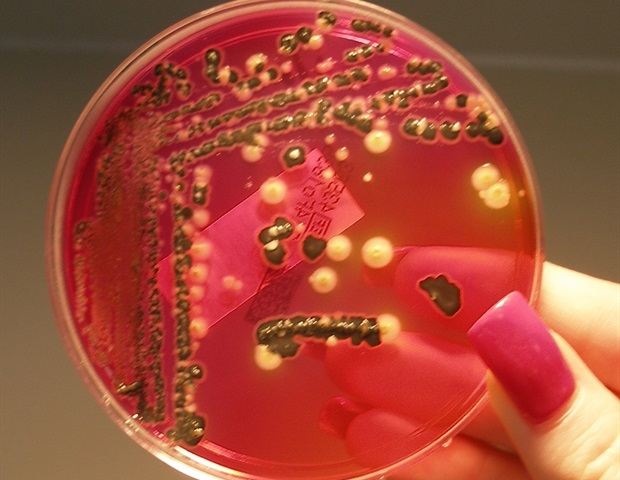Raw poultry is one of the main causes of Salmonella poisoning, which affects thousands of people in the U.S. every year.
A new study from the University of Illinois Urbana-Champaign shows that few products with high levels of very virulent Salmonella strains are responsible for most of the illnesses from raw chicken parts. The researchers suggest regulation efforts should focus on detecting and preventing those types of high-risk contamination. "Over the last 20 years, the poultry industry has done a really good job of lowering the frequency of Salmonella in poultry.

However, the number of people who are getting sick from these pathogens hasn't declined. The U.S.
Department of Agriculture is considering changes to how they regulate Salmonella based on level and serotype, and our research supports those efforts," said study co-author Matt Stasiewicz, an associate professor in the Department of Food Science and Human Nutrition (FSHN), part of the College of Agricultural, Consumer and Environmental Sciences (ACES) at Illinois. There are over 2,600 serotypes, or sub-groups, of Salmonella bacteria and they differ in their capacity to make people sick. Salmonella Kentucky is one of the most common serotypes in U.
S. chicken, but it is less likely to cause human illnesses compared with three more virulent strains linked to multiple outbreaks of salmonellosis. The researchers wanted to assess the public health risk from Salmonella contamination of chicken parts, comparing the impact o.























